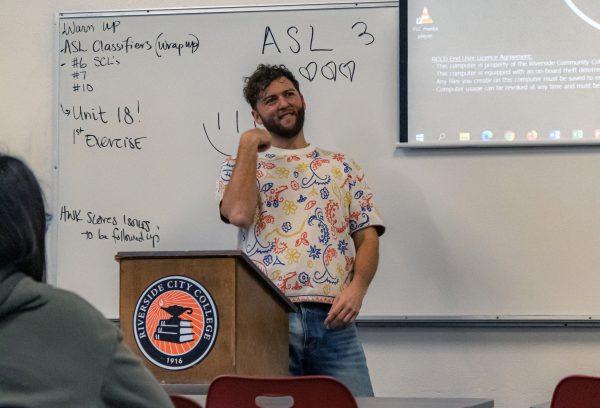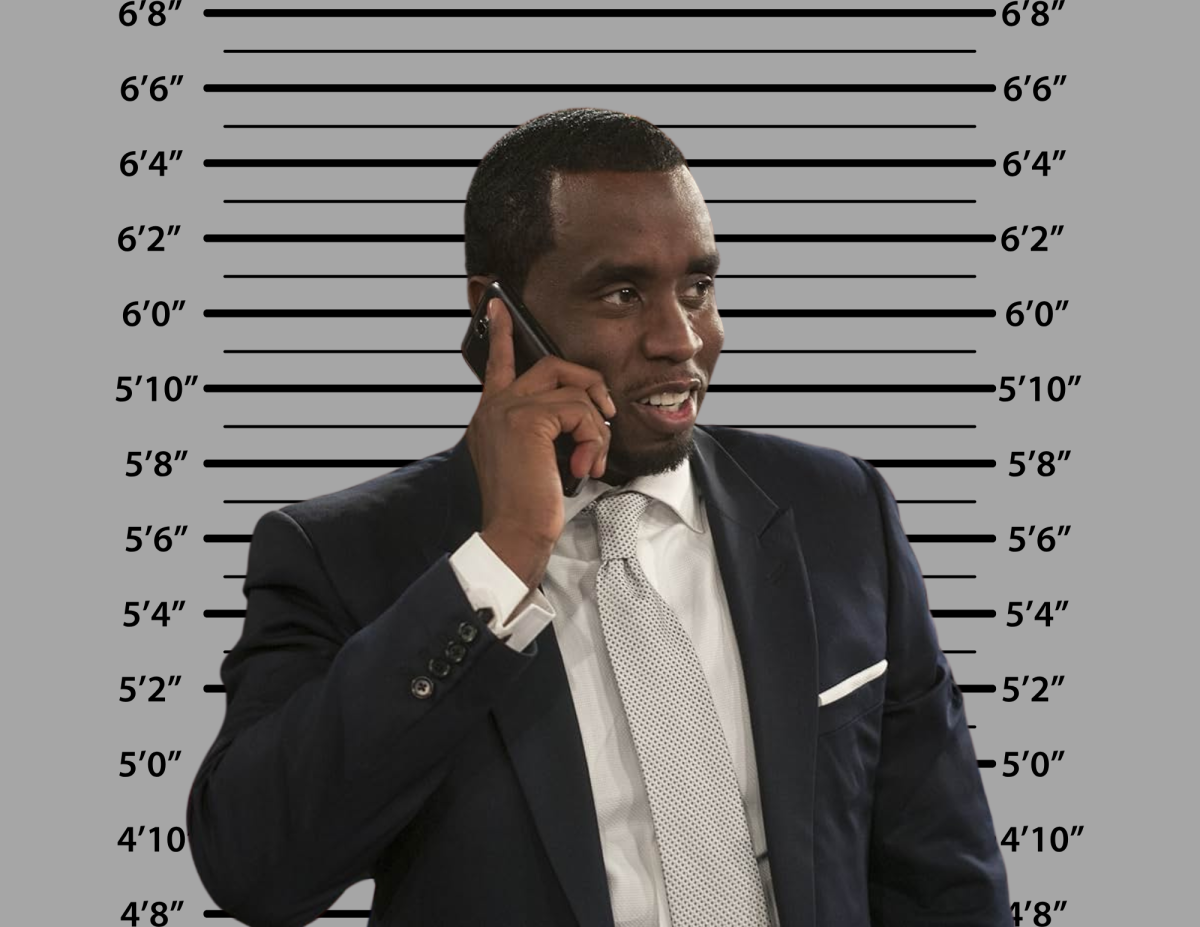
By Ausja Nolan
Justina Miles is an interpreter who went viral for her performance during the Super Bowl LVII halftime show. Miles went down in history as the first woman of color and deaf interpreter performer at this global event.
As someone who represents many groups and communities at once it made me wonder if the communities she is a part of gets enough representation across the media.
The performance alone creates a narrative for the group being oppressed. Miles is opening up the conversations for the Black deaf community as well.
“I felt related to her through our deaf identity as I strongly felt that she gave many other young deaf children and me the new ‘hope’ to be successful and accepted,” Tommy Korn, a Riverside City College deaf faculty member, said.
Tommy discussed the problems with race in the community as well.
“Often people blindly perceive the term ‘deaf’ meant for White deaf people exclusively,” Korn said. “Therefore, when White deaf people discuss deaf representation in the media, race is often eliminated from the narrative, which is problematic.”
Deaf people deal with unjust slander. I’ve heard countless disparaging comments made toward deaf people, targeting them as unintelligent and incompetent.
“People should take the time to understand and appreciate the culture and art,” Iris Gomez, a student enrolled in American Sign Language classes at RCC, said.
Oftentimes statements like these are said with no knowledge or understanding. Gomez proposes sharing knowledge or educating yourself to help build positive connections between the hearing and the deaf communities.
“We started as playing the stereotypical role of the deaf: sad, broken, lost, ‘hearing-impaired’ subservient role in a tragic storyline,” Korn said. “Deaf people playing significant roles in a Hollywood blockbuster that doesn’t concern their deafness, only their personality and presence.”
Understanding the communities and cultures of others will help us and the generation after us create a more positive and welcoming environment for one another. It starts with learning without tampering with how one lives in their community and culture.
“To heal and keep our world colorful, we must be more curious and revolutionary,” Korn said. “Open our minds and hearts, move and shake, and always pass the mic.”





